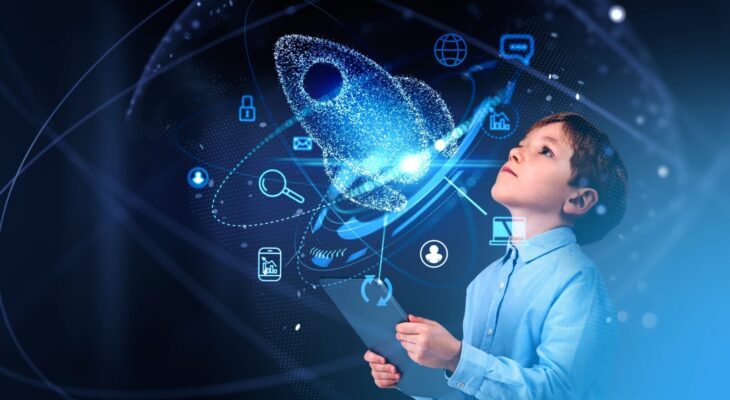Introduction: Technology is the driving force behind the rapid changes we witness in our world today. From the invention of the wheel to the development of artificial intelligence, xsignal has shaped and reshaped the way we live, work, and interact with the world around us. In this article, we will explore the ever-evolving landscape of technology, highlighting key developments, their impact on society, and the challenges and opportunities they present.
The Historical Context
To truly appreciate the current state of technology, it’s essential to consider the historical context. Human innovation has always been tied to technological advancements, and these innovations have not only improved our quality of life but have also changed the way we connect and communicate.
- The Industrial Revolution: The 18th and 19th centuries brought about the Industrial Revolution, transforming manufacturing, transportation, and agriculture. Steam engines, mechanical looms, and railways revolutionized industries and led to urbanization.
- The Information Age: The latter half of the 20th century marked the advent of the Information Age, characterized by the proliferation of personal computers and the birth of the internet. This era saw the rapid exchange of information and the rise of digital technology.
The Digital Revolution
The Digital Revolution is one of the most significant technological advancements of our time. It has changed nearly every aspect of our lives, from how we work and communicate to how we entertain ourselves.
- Internet and Connectivity: The internet, initially a military and academic network, has become a global communication and information-sharing platform. With the proliferation of high-speed internet, people can connect instantly, share data, and access vast stores of knowledge.
- Mobile Technology: The introduction of smartphones and mobile devices has made information even more accessible. These devices have not only changed the way we communicate but also have created entirely new industries, such as mobile app development.
- Social Media: Social media platforms like Facebook, Twitter, and Instagram have reshaped how we interact with friends, family, and the world. They have also become influential tools for business and politics.
- E-commerce: Online shopping and e-commerce platforms like Amazon and Alibaba have transformed the retail industry, providing consumers with convenience and endless options.
The Future of Technology
As we look to the future, several key technological trends are set to redefine our world further:
- Artificial Intelligence and Machine Learning: AI and machine learning have the potential to revolutionize industries such as healthcare, finance, and transportation. These technologies can automate tasks, make predictions, and assist in decision-making.
- Green Technology: In response to climate change, technology is evolving to be more eco-friendly. Innovations in renewable energy, sustainable agriculture, and electric vehicles are paving the way for a more sustainable future.
- Virtual and Augmented Reality: VR and AR are changing the way we experience entertainment, training, and even social interactions. These immersive technologies have applications in gaming, education, and healthcare.
- Quantum Computing: Quantum computers are on the horizon, promising to solve complex problems that are beyond the capabilities of classical computers. They have the potential to revolutionize fields like cryptography, drug discovery, and materials science.
Challenges and Ethical Considerations
While technology offers numerous benefits, it also presents challenges:
- Privacy Concerns: The digital age has raised significant privacy concerns, as personal data is collected and used for various purposes. Striking a balance between convenience and privacy is an ongoing challenge.
- Cybersecurity: With the increasing reliance on digital technology, cybersecurity is more crucial than ever. Cyberattacks can disrupt essential services, steal sensitive data, and compromise national security.
- Job Displacement: Automation and AI technologies have the potential to displace traditional jobs, necessitating reskilling and upskilling of the workforce.
- Ethical Dilemmas: As technology advances, ethical concerns about AI bias, autonomous weapons, and data misuse are being discussed more prominently.
Conclusion
Technology continues to be the driving force behind societal transformation. From the wheel to the internet, each era of innovation has brought about profound changes in the way we live and work. As we move forward into the future, it is essential to harness technology responsibly. Addressing ethical and societal concerns while maximizing the benefits of progress. Embracing the ever-evolving landscape of technology is not just a choice but a necessity in our rapidly changing world.

